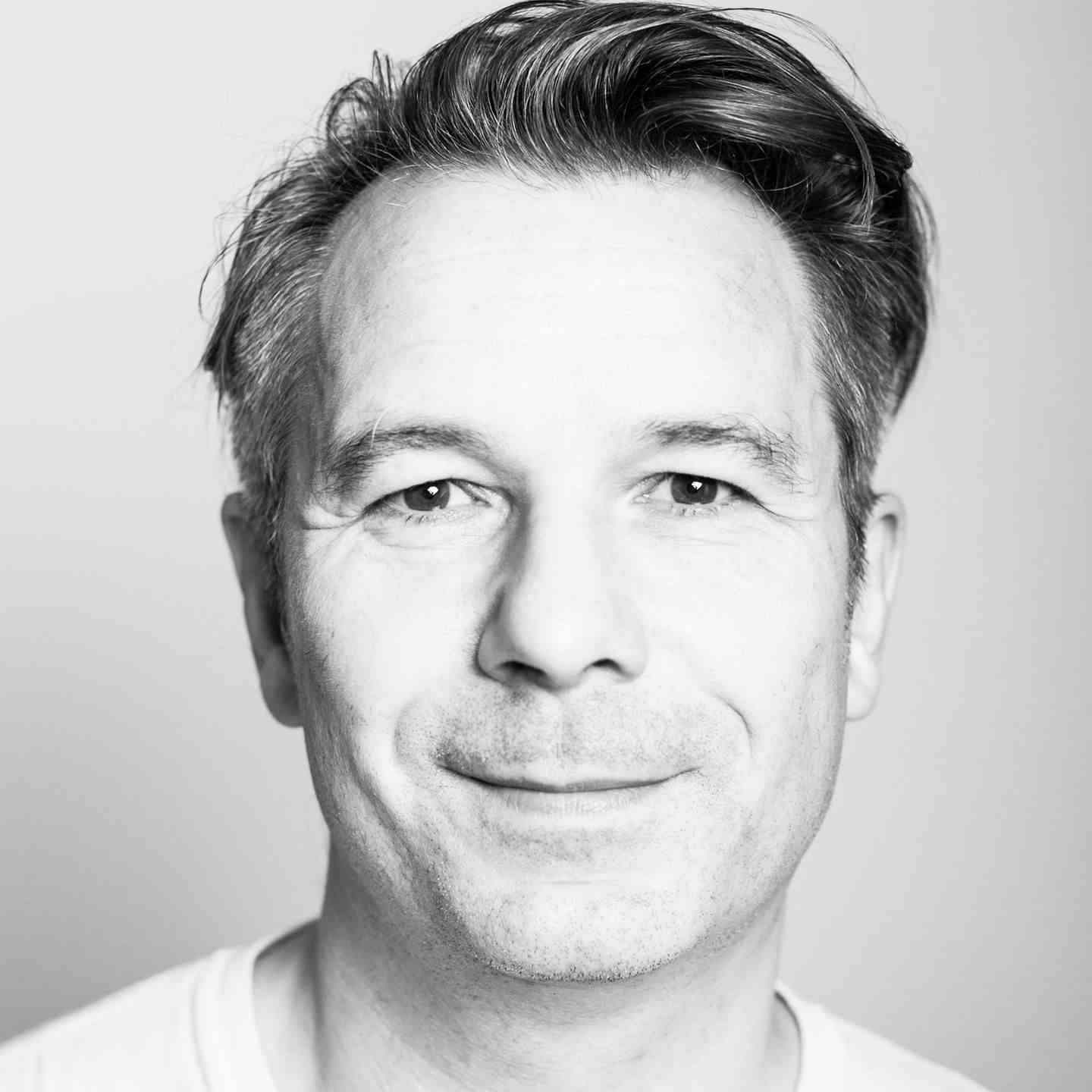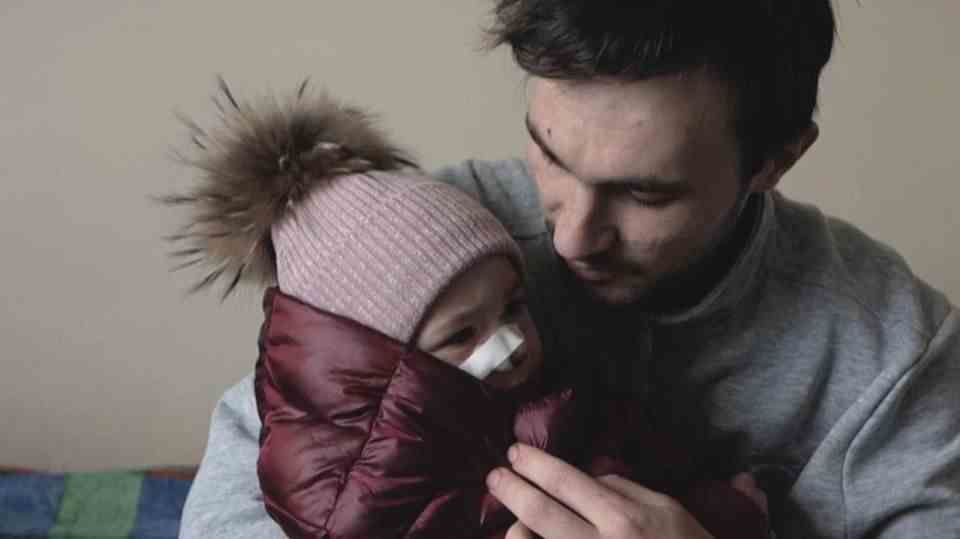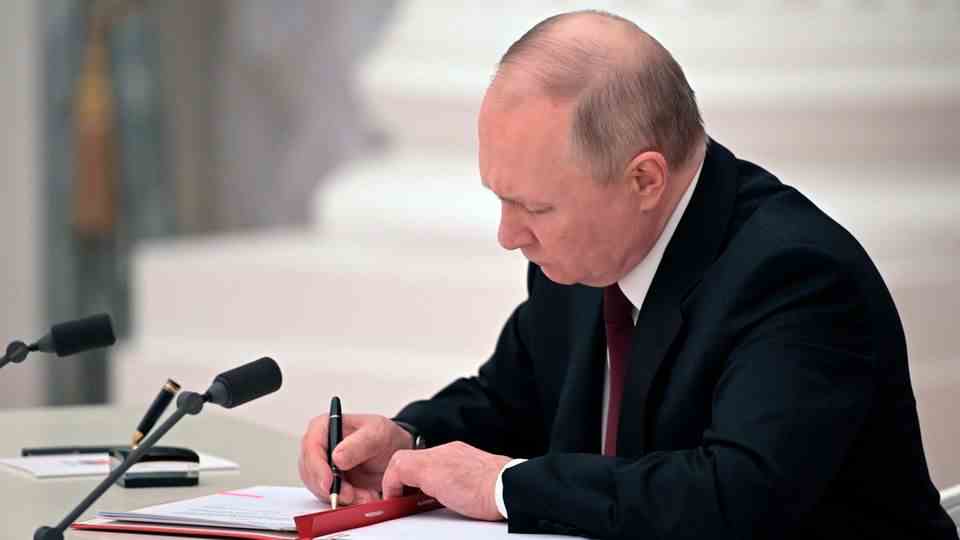war in Ukraine
Henry Marsh – this is how an old neurosurgeon teaches Ukrainian doctors to operate in wartime
The war is claiming more and more civilian victims – Street in a suburb of Kyiv.
© Sergei Supinsky / AFP
World-renowned neurosurgeon Henry Marsh considers Ukraine his second home. At 72, he helps doctors in Ukraine work as efficiently as possible amid the horrors of war.
Henry Marsh is considered one, if not the most famous neurosurgeon in the world. The Brit worked in Ukraine for 30 years, and now he’s trying to teach doctors there how to work under wartime conditions. He spent his 72nd birthday attending a 12-hour webinar with war medic David Nott. He spoke to the London Times about his work and the war in his “second home”. “It is very painful to sit in my cozy room and give advice to doctors who are facing death in underground shelters.”
In 12 hours to the war medic
Along with his colleague, Marsh offers what he calls “a crash course in trauma medicine.” He has the contacts and David Nott in particular explains how to deal with war injuries, “with low-velocity shells, tank shells, artillery wounds, flying glass splinters and torn flesh. We can’t change the course of the war, but we can help a little with advice.” Marsh’s book “Life and Death: A Brain Surgeon Talks About Healing, Hope and Failure” is a worldwide bestseller, and two documentaries are dedicated to his work. He himself says that with all his successes as a practicing brain surgeon, his future teaching activities are of greater importance. And now, as an old man, he continues to do so for Ukraine.
The working conditions in Kyiv are now very different from those in a clinic. “While they don’t have access to CT scanners, the shock waves from the bombs can cause catastrophic internal bleeding.” Many patients have suffered multiple injuries at the same time and there are not enough doctors. Everyone has to do everything. “This is something completely different than in civilian medicine, where you work in specialized areas.” This type of injuries would not exist in the civilian sector.
burden of triage
In civilian life, ruthless triage when seeing patients is unthinkable. These must be divided into those who will die anyway and those whose complications are too severe. Staff only have to focus on those who need immediate help but can be rescued. “It’s about ruthless efficiency to save as many lives as possible.” In addition, there is the burden of the collapse of normal medical operations. Children with cancer receive no treatment, and there is hardly any medication left. Young doctors in Ukraine want to fight at the front. “But I tell them that as doctors they will save more lives than with guns.”
Return to Ukraine
Now Marsh fears that the internet could collapse in Ukraine and that this form of help via screen and camera will soon no longer be possible. “First Mariupol, then Kharkov, and now my friends in Kyiv are preparing for a mass extinction.” Marsh has cancer. “I was thinking about going back to Ukraine to help. I thought it would be a good way to die when I don’t have long to live anyway. I’m quite old.” But his friends advised him to stay for now and help out from the UK.




